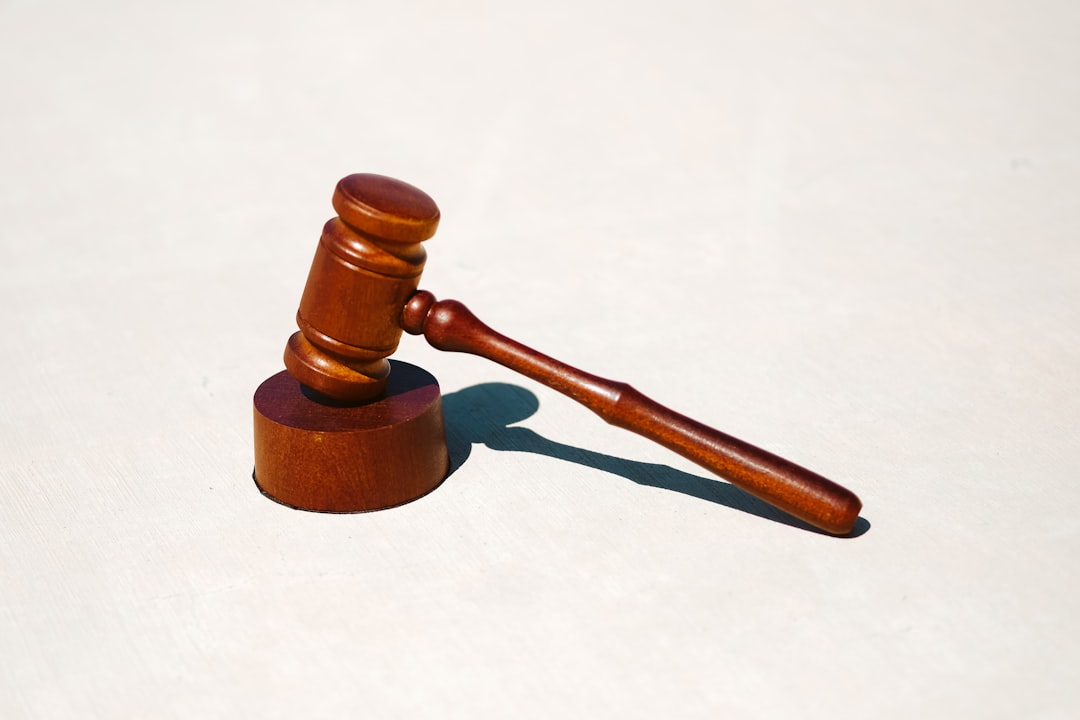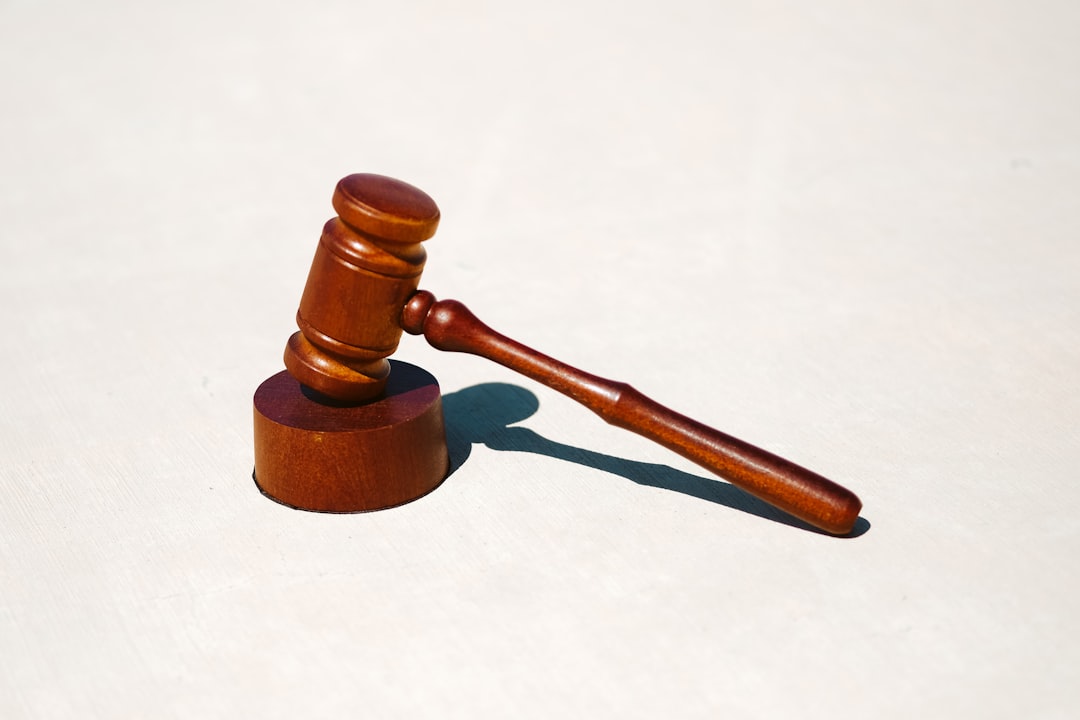DNA evidence has revolutionized sexual abuse cases in Georgia, providing crucial advantages for both prosecutors and sexual abuse attorneys. Proper collection and handling of genetic material are essential to ensure admissibility and fairness, with strict protocols in place to avoid false accusations. Sexual abuse attorneys in Georgia must navigate privacy laws, consent issues, and procedural safeguards while employing deep knowledge of DNA testing and chain of custody requirements to effectively represent their clients. In Smyrna, these specialists play a vital role in advocating for victims' rights throughout the legal process.
In the pursuit of justice for sexual abuse victims, DNA evidence plays a pivotal role. This article delves into the intricacies of using DNA in sexual assault cases, focusing on the legal implications within Georgia, specifically Smyrna. Understanding how DNA can both convict perpetrators and protect the rights of the accused is crucial. We explore challenges faced by Georgian courts and highlight the indispensable work of a Sexual Abuse Attorney in navigating these complex issues, ensuring victims receive fair representation.
Understanding DNA Evidence in Sexual Abuse Cases

DNA evidence has become an indispensable tool in criminal justice, including sexual abuse cases. It offers unique advantages in identifying perpetrators and providing closure to victims. In Georgia, where a strong focus is placed on protecting victims of sexual crimes, DNA analysis plays a pivotal role in securing convictions. This scientific method involves collecting and examining genetic material left at the scene or on the victim, which can then be matched to the accused’s profile.
For a sexual abuse attorney in Georgia, understanding the intricacies of DNA evidence is crucial. It not only strengthens the prosecution’s case but also ensures fairness and accuracy in legal proceedings. The collection and handling of DNA samples must adhere to strict protocols to maintain the integrity of the evidence. Experts in this field carefully analyze the data, considering the statistical significance of matches to avoid false accusations or misidentifications.
Legal Implications and Challenges in Georgia

In Georgia, DNA evidence has significantly impacted sexual abuse cases, offering both powerful tools and unique challenges for prosecutors and sexual abuse attorneys. The state’s legal system recognizes the value of DNA analysis in establishing guilt or innocence, leading to more robust investigations and trials. However, several implications and hurdles must be navigated. One primary challenge is ensuring the proper collection and handling of evidence to maintain its admissibility. Inadequate procedures can lead to exclusions, potentially hindering convictions.
Moreover, Georgia’s legal framework governs the use of DNA evidence through strict rules and guidelines, focusing on privacy, consent, and procedural safeguards. Sexual abuse attorneys must be adept at navigating these regulations, understanding the legal implications, and challenging any misconduct or errors in evidence handling. Effective representation requires a deep knowledge of DNA testing protocols, chain of custody requirements, and the admissibility standards set by Georgia courts, all while advocating for their clients’ rights.
The Role of a Sexual Abuse Attorney in Smyrna

In cases of sexual abuse, particularly in Smyrna, Georgia, a sexual abuse attorney plays a pivotal role in navigating the complex legal landscape. These attorneys are experts in handling sensitive and often emotionally charged cases, ensuring that victims’ rights are protected and justice is served. They guide clients through the entire process, from initial consultations to trial, offering invaluable support and expertise.
A sexual abuse attorney in Georgia specializes in understanding state laws regarding sexual offenses, which can vary widely. They possess in-depth knowledge of legal procedures, evidence collection, and the potential challenges faced when presenting DNA evidence, a crucial tool in such cases. Their primary objective is to secure favorable outcomes for clients while maintaining the highest standards of professionalism and ethical conduct.





